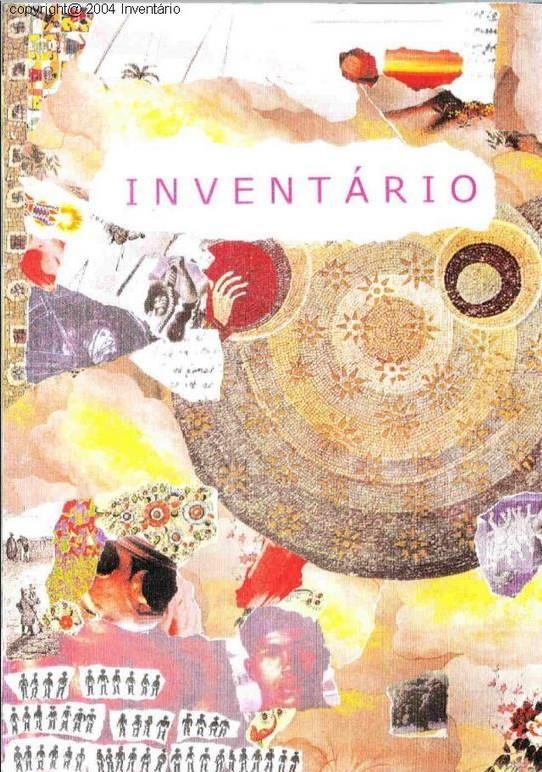A LITERATURA EM CORDEL DE AURITHA TABAJARA COMO POTENCIALIZADORA DO APRENDIZADO NO AMBIENTE PEDAGÓGICO
Abstract
The function of this article is to highlight the potential of Auritha Tabajara's cordel writing for a learning process that values the diversity/ancestry/memory of the original peoples in Brazil, through literature in the pedagogical environment. Bringing to light the studies of Cruz (2012), Foucault (1999), Santiago (2022), a reflection on school dynamics is proposed, highlighting how processes arising from neoliberalism discipline bodies that can be active in the construction of knowledge destabilizing of the absolute and communal politics. For some decades now, indigenous people have been concerned about using writing as a weapon capable of reversing conflict situations, denouncing internal and external abuses and giving new meaning to the history of erasure and genocide, revealing that literature is, truly, a new instrument used by culture to update the Ancestral memory (MUNDURUKU, 2012). In this way, it makes sense to bring to the scene an indigenous woman, writer, storyteller, producer of knowledge, who has the potential to act as an intermediary in the process of the subject's intellectual, social and human formation, as it is urgent to include such epistemologies in the pedagogical environment, in order to decolonize, democratize and decommodify colonialist education, which still perpetuates in Brazilian basic education schools.







